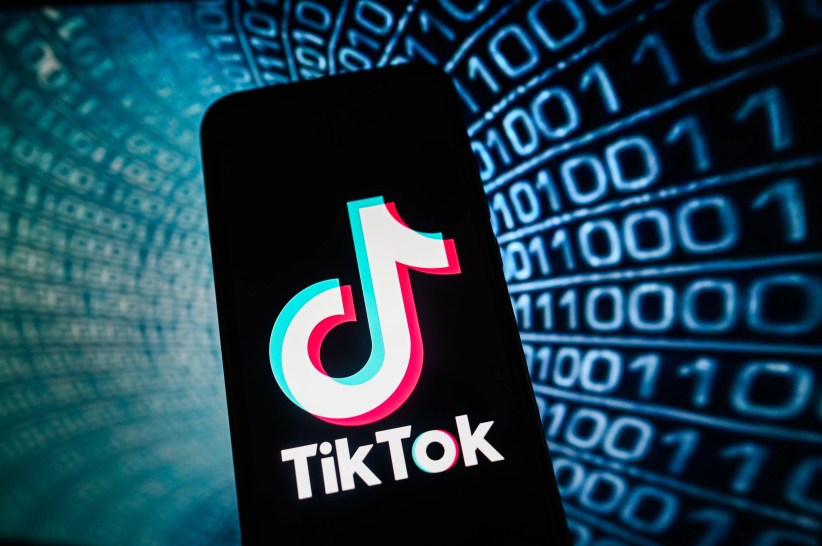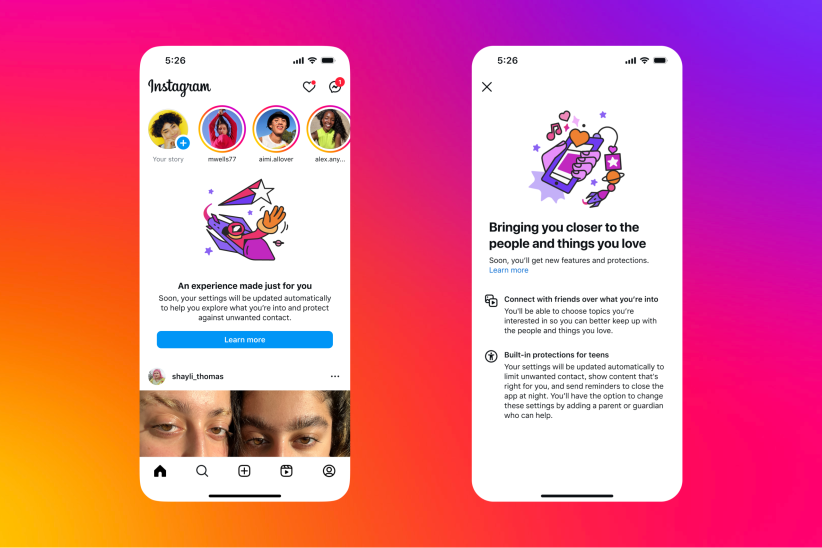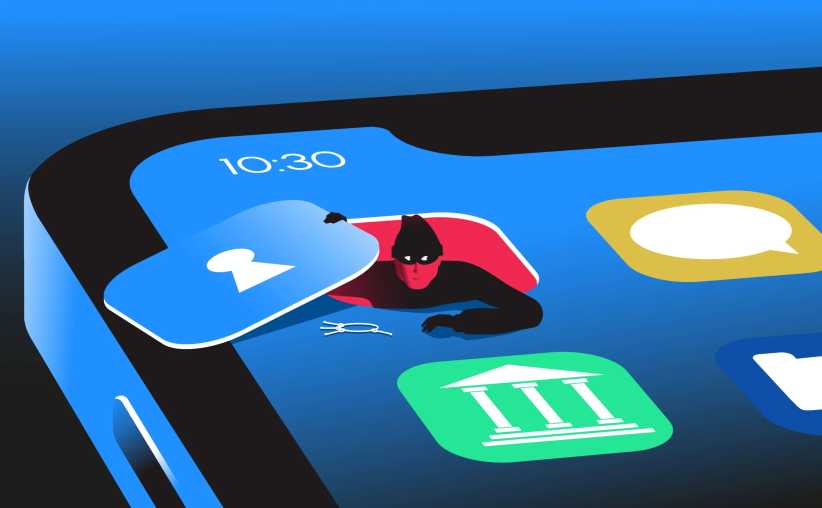
New York State Sues TikTok
Thirteen states, including New York and the District of Colombia, have filed lawsuits against TikTok this week. New York Attorney General Letitia James, along with a bipartisan coalition, have filed separate lawsuits against the app that argue that TikTok has violated consumer protection laws and is contributing to the increasing mental health crisis among teenagers.
States are taking legal action against TikTok, alleging that the app’s features are manipulative and harmful to teens. They are seeking to force changes to the app and impose financial penalties on the company. The attorneys general claim that TikTok’s algorithm and engagement features encourage excessive use that becomes addictive, leading to negative emotional and behavioral impacts on users, particularly teens. They accuse the social media platform of downplaying these effects in pursuit of profit.
“Young people are struggling with their mental health because of addictive social media platforms like TikTok,” said New York State Attorney General Letitia James in a statement. “TikTok claims that their platform is safe for young people, but that is far from true. In New York and across the country, young people have died or gotten injured doing dangerous TikTok challenges and many more are feeling more sad, anxious, and depressed because of TikTok’s addictive features. Today, we are suing TikTok to protect young people and help combat the nationwide youth mental health crisis. Kids and families across the country are desperate for help to address this crisis, and we are doing everything in our power to protect them.”
New York Lawsuit
New York State’s lawsuit is raising concerns about TikTok’s impact on young users’ mental health due to addictive features, dangerous outcomes from challenges, TikTok profiting from children’s data, and falsely claiming safety tools’ effectiveness.
The lawsuit claims that TikTok’s addictive features, such as constant notifications, auto-playing videos, attention-grabbing content, temporary “stories,” live content, “likes” and comments, and beauty filters, have been linked to negative mental health effects.
It also highlights the dangerous outcomes of TikTok challenges, such as subway surfing and the Kia Challenge, which have resulted in fatalities and car thefts. The lawsuit discusses TikTok’s violation of the Children’s Online Privacy Protection Act (COPPA) by collecting and monetizing user data under 13. It also addresses TikTok’s misleading claims about the effectiveness of its safety tools and its failure to warn young users about potential dangers. It claims that TikTok’s platform is not for children under 13, but the app continues to feature child-directed content and advertisements.
State investigators have been looking into TikTok for over two years, and their research found many internal communications where some employees compared the app’s algorithm to the addictive nature of slot machines.
In a statement made to NPR, TikTok spokesman Alex Haurek said, “We provide robust safeguards, proactively remove suspected underage users, and have voluntarily launched safety features such as default screentime limits, family pairing, and privacy by default for minors under 16”.
Moving Forward
The lawsuits were filed by New York, California, the District of Columbia, Illinois, Kentucky, Louisiana, Massachusetts, Mississippi, North Carolina, New Jersey, Oregon, South Carolina, Vermont, and Washington. Each state is seeking significant shifts in the app’s safety protocols for young users and may get them.
Just last year, states filed a lawsuit against Meta, claiming that its apps, Facebook and Instagram, failed to keep children safe. This year, Meta has begun to respond to the overwhelming calls for change and parents looking for help navigating social media by rolling out Teen Accounts, which are essentially private accounts for younger users. While the results of last year’s lawsuit are still pending, they have sparked some moves for change. This week marks what could be the beginning of a shift in safety protocols on TikTok.
California Attorney General Rob Bonta stated, “When we look at the youth mental health crisis and the revenue machine TikTok has created, fueled by the time and attention of our young people, it’s devastatingly obvious: our children and teens never stood a chance against these social media behemoths. TikTok must be held accountable for the harms it created in taking away the time — and childhoods — of American children.”
Psst.. check out The New Paying It Forward Phenomenon on TikTok.














